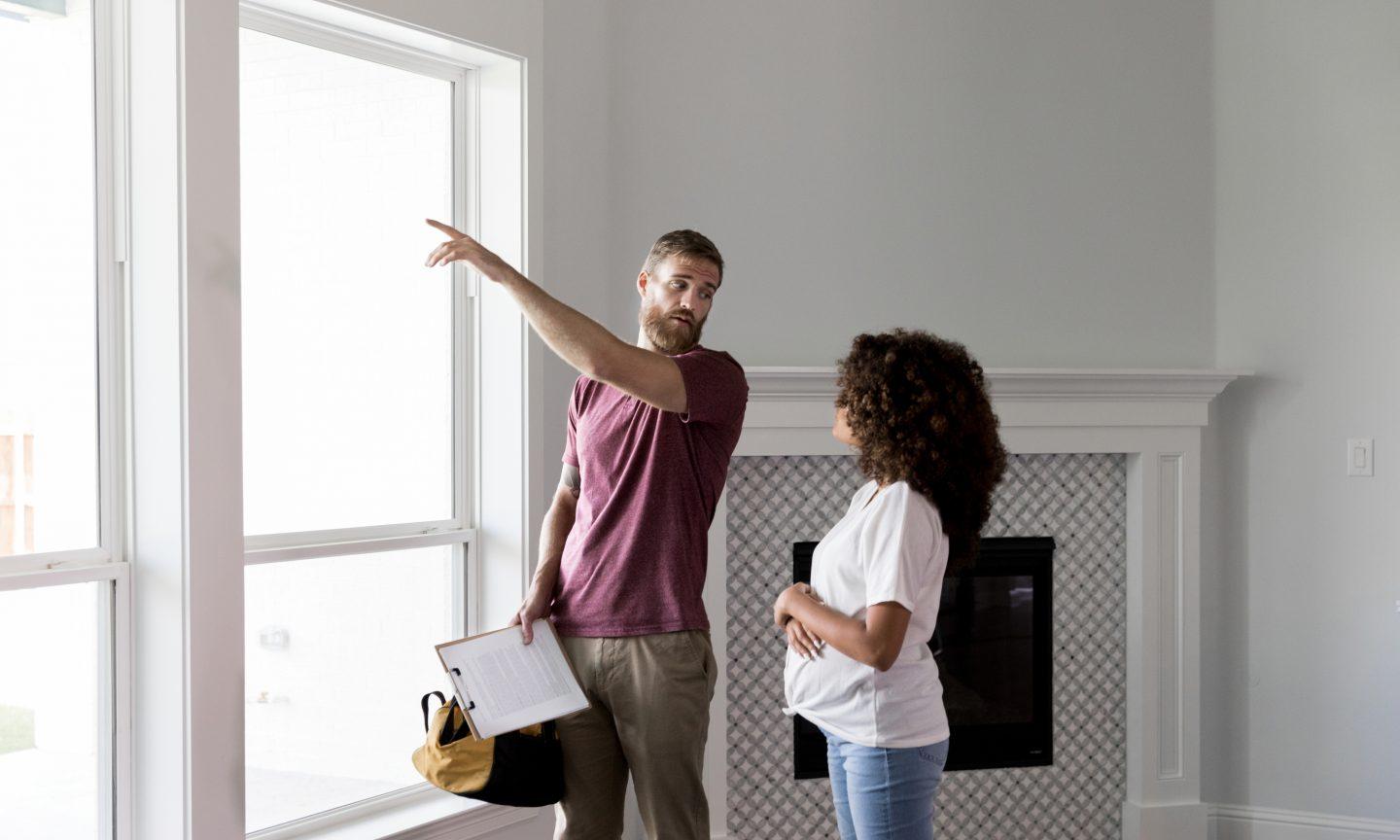A home inspection isn't just your opportunity to ensure that a home is fit for you and your family. Knowing what to look for in a home inspection will help you understand any defects and, if you have enough leverage, assess what repairs should be made on the seller's dime before moving day.
Use these home inspection tips for buyers to prepare for the inspection and what comes next.
Do vet more than one home inspector
It's in your best interest to choose a home inspector with care. Your real estate agent may recommend an inspector, or the seller might offer to show you a report from a home inspection they've had done. To avoid any conflict of interest and to get the most objective information on the home's condition, you'll want an independent home inspector. And because things move quickly after an offer is accepted, you may even want to research inspectors while you're house hunting.
Certain professional organizations can be a shortcut to finding a qualified home inspector. (Not all states require home inspectors to hold licenses.) For example, the American Society of Home Inspectors requires members to perform more than 250 inspections and pass the National Home Inspector Examination to be eligible for membership.
Do get a home inspection for new construction
Even if you're buying new construction, a home inspection should still be on your to-do list. A home inspector may evaluate a home differently than a county or municipal inspector, whose job is to determine whether new construction complies with building codes. At a bare minimum, a home inspector is a new set of eyes double-checking that there aren't any loose ends (or unconnected ducts).
Do be there for the home inspection
It’s recommended that buyers be present during the home inspection. Following the inspector from room to room will allow you to ask questions as they go. That will help you better understand the inspection report — which can feel pretty intense, especially if you're a first-time home buyer — and learn more about your potential new home.
Keep in mind that your home inspector does not have a crystal ball. You can ask any questions that spring to mind, but your home inspector may not be willing or able to provide answers about things outside the scope of contract requirements.
Don't get in the home inspector’s way
While you're encouraged to tag along and ask questions, don't impede the home inspector. You should also stick with them, rather than heading off to other parts of the house. For example, if they're checking the bathroom water pressure and you start running the kitchen sink, it could mess with the results.





